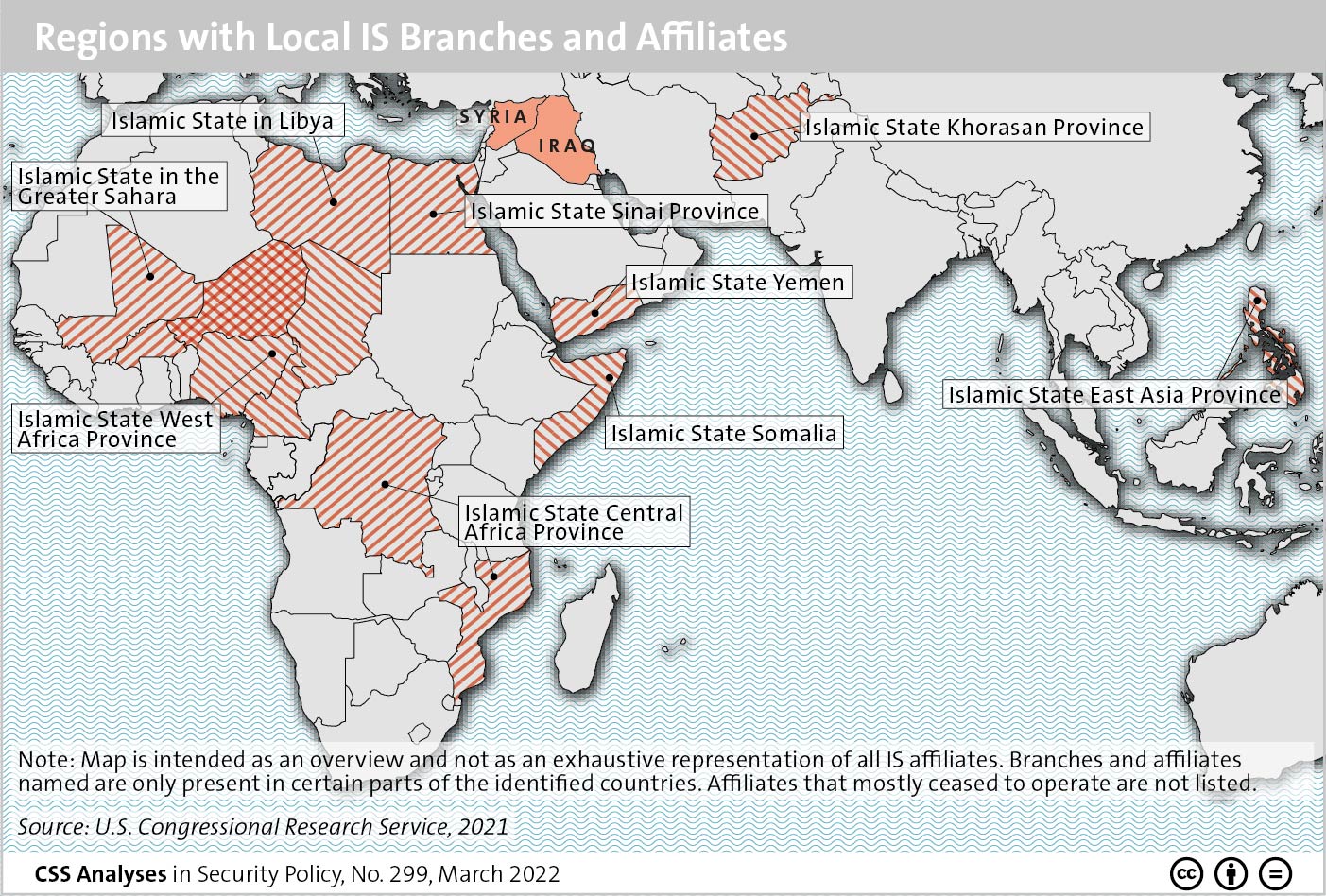
This week’s featured graphic shows the core IS’ state as of March 2022 as well as its affiliates in Africa, the Middle East and Asia. For a deeper assessment of the danger the IS still poses, read Fabien Merz’ CSS Analysis in Security Policy here.

This week’s featured graphic shows the core IS’ state as of March 2022 as well as its affiliates in Africa, the Middle East and Asia. For a deeper assessment of the danger the IS still poses, read Fabien Merz’ CSS Analysis in Security Policy here.
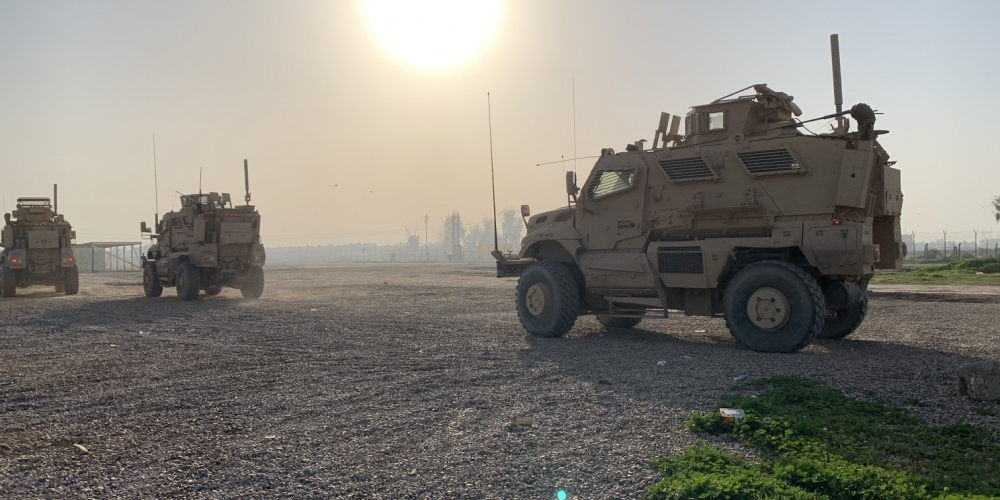
This article was originally published by the Oxford Research Group on 28 February 2020.
The war on terror has been underway for nearly two decades. Yet there is still little appreciation in some political quarters of how this approach has often been counterproductive and even created the conditions for violent extremism to thrive. If we are ever going to move towards a less violent future, this must change.
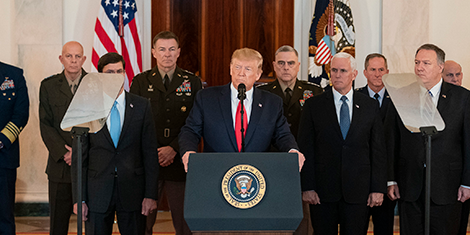
This article was originally published by the ASPI‘s The Strategist on 9 January 2020.
President Donald Trump’s public response to Iranian missile strikes on two US airbases in Iraq suggests that he and Iran’s supreme leader, Ayatollah Ali Khamenei, have reached a mutual ‘no war’ agreement. Barring any miscalculation by either side that triggers military escalation, the confrontation will continue to be played out politically, with the US maintaining its ‘maximum pressure’ campaign that seeks to force regime change through severe economic sanctions. There will be a lot of bruising ahead for Iran, but Trump will not win politically.
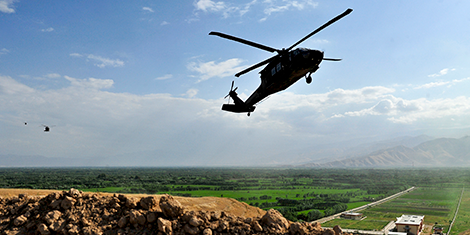
This article was originally published by Political Violence @ a Glance on 15 March 2019.
Can military forces mitigate insurgent activity—“win hearts and minds”—by implementing small, localized aid projects? Evidence from the recent wars in Afghanistan and Iraq has provided contradictory answers to the question of aid’s ability to mitigate violence. Some research finds that aid projects increase the legitimacy of the state among civilians and, under specific circumstances, dampen violence. Other studies, however, show that aid projects provoke insurgent activity, even when delivered by non-military organizations.
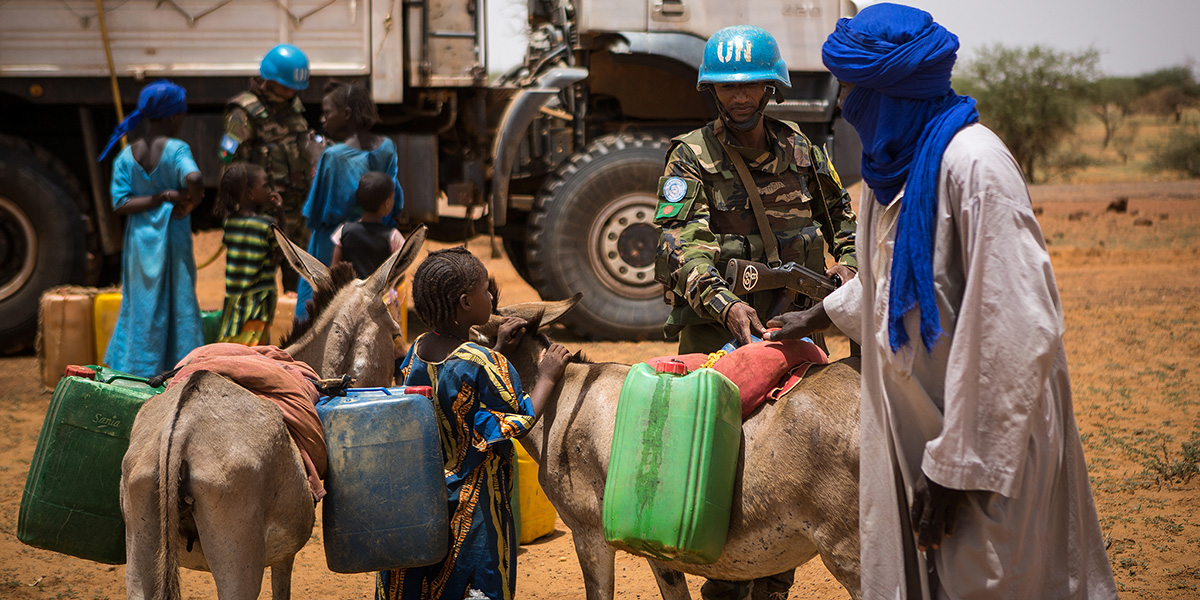
This article was published on the New Security Beat blog by the Environmental Change and Security Program on 18 October 2018.
The challenge of peacebuilding missions is not only to stop violence and prevent a rekindling of conflict, but also to help societies and governments reset their internal relations on a peaceful path towards sustaining peace.
In the short run, it might be tempting to dismiss environmental issues when considering the insurmountable task of building peace after armed conflict. Yet, it is increasingly clear that the interaction between social, political, and ecological processes decisively shapes the post-conflict landscape.